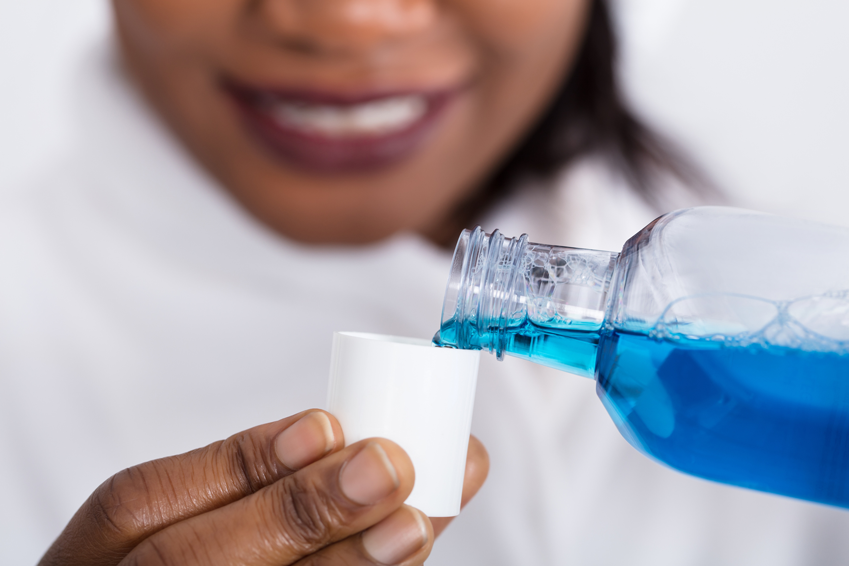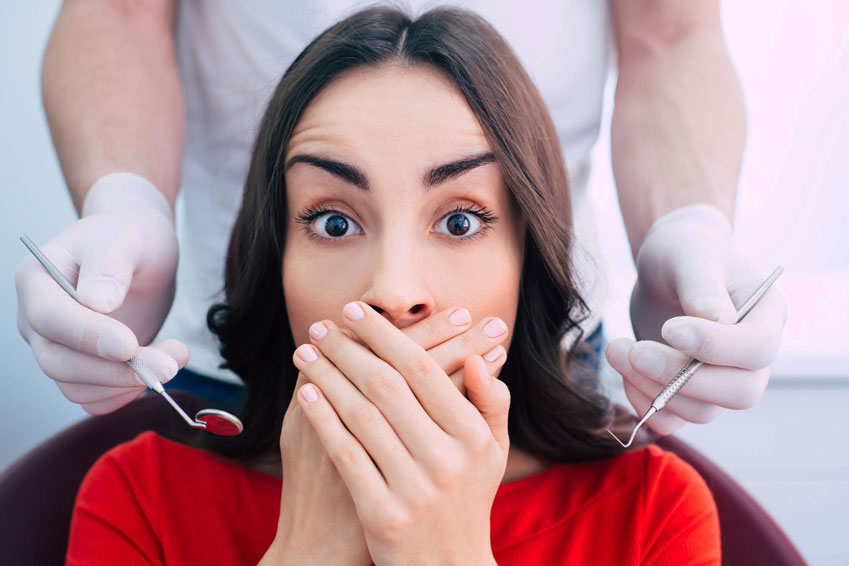Formally known as halitosis, chronic bad breath has many causes. Is your bad breath chronic?
We dentists consider chronic bad bread, otherwise known as halitosis, to be chronic when regular checkups, consistent brushing, flossing, and the use of a proper mouthwash fails to improve things.
Knowing that you’re not alone may provide some comfort, but what you really need is more information about the causes and what you can do to prevent it.

Common Causes of Halitosis
Lack of proper oral hygiene is an obvious cause of halitosis. Bacteria builds quickly when you don’t brush and floss your teeth at least twice a day, and fail to show up for your twice-yearly dental appointment. Bacteria leads to plaque, which in turn leads to tooth decay and gum disease. The more severe the oral health problem, the worse your breath is likely to be.
The foods you choose to eat can also play a big part in the freshness of your breath. Obviously, foods containing garlic or onions can leave behind a strong odor long after you have finished eating them. Keeping breath mints handy and brushing as soon as possible are good solutions in this case.
Other foods, such as dairy, fish, and meat products contain dense proteins that can produce sulfur-based bacteria. The particles from the bacteria remain in your mouth, and can cause bad breath.
Chronic dry mouth can invite halitosis because you don’t produce adequate saliva to eliminate food particles and bacteria. Some medications can cause this condition, as can smoking, snoring, excess alcohol intake, and speaking for long periods. Try drinking more water during the day and change habits that can cause a dry mouth. This should improve your problem with bad breath.
Certain medical conditions can cause chronic bad breath, including:
- Diabetes
- Cancer
- Liver disease
- Lung disease
- Metabolic disorders
- Pneumonia
- Bronchitis
- Respiratory tract infections
- Digestive tract issues
If you have one of these conditions, work with your doctor and dentist for solutions to halitosis.

Using an Oral Rinse to Prevent and Treat Bad Breath
A cosmetic oral rinse can help when your problem isn’t severe or chronic. They reduce bacteria and bad breath in addition to helping to eliminate food debris. You need to shop carefully though, as some of these products contain up to one-quarter alcohol which may dry your mouth and make matters worse. The effect of a cosmetic oral rinse is temporary and usually lasts no more than three hours.
Therapeutic oral rinses offer better protection against chronic bad breath than cosmetic ones. They are regulated by the Food and Drug Administration and available with or without a prescription. Some of the varieties available include those for the specific prevention of the following:
- Cavities
- Plaque
- Tartar
- Bacteria
- Microbes
If your halitosis problem is causing you significant distress, ask us for a recommendation and prescription for one of these types of therapeutic oral rinses. Keep in mind that any oral rinse should be a supplement to your daily oral hygiene routine and not a replacement for it.
Foods that can help fight bad breath
For minor bad breath, changing your diet can definitely help. Try these foods…
- Raw fruits and veggies
- Probiotic yogurt
- Parsley and basil
- Cherries
- Green tea
- Sugarless gum
- Melons and citrus
- Chlorophyll (in leafy greens like kale, or in bottled form)
- Ginger
- Lots of water!
As a rule, it’s best to find the root cause of bad breath, rather than trying to mask it, since it may be a sign of other health issues. Ask us for more help!



















